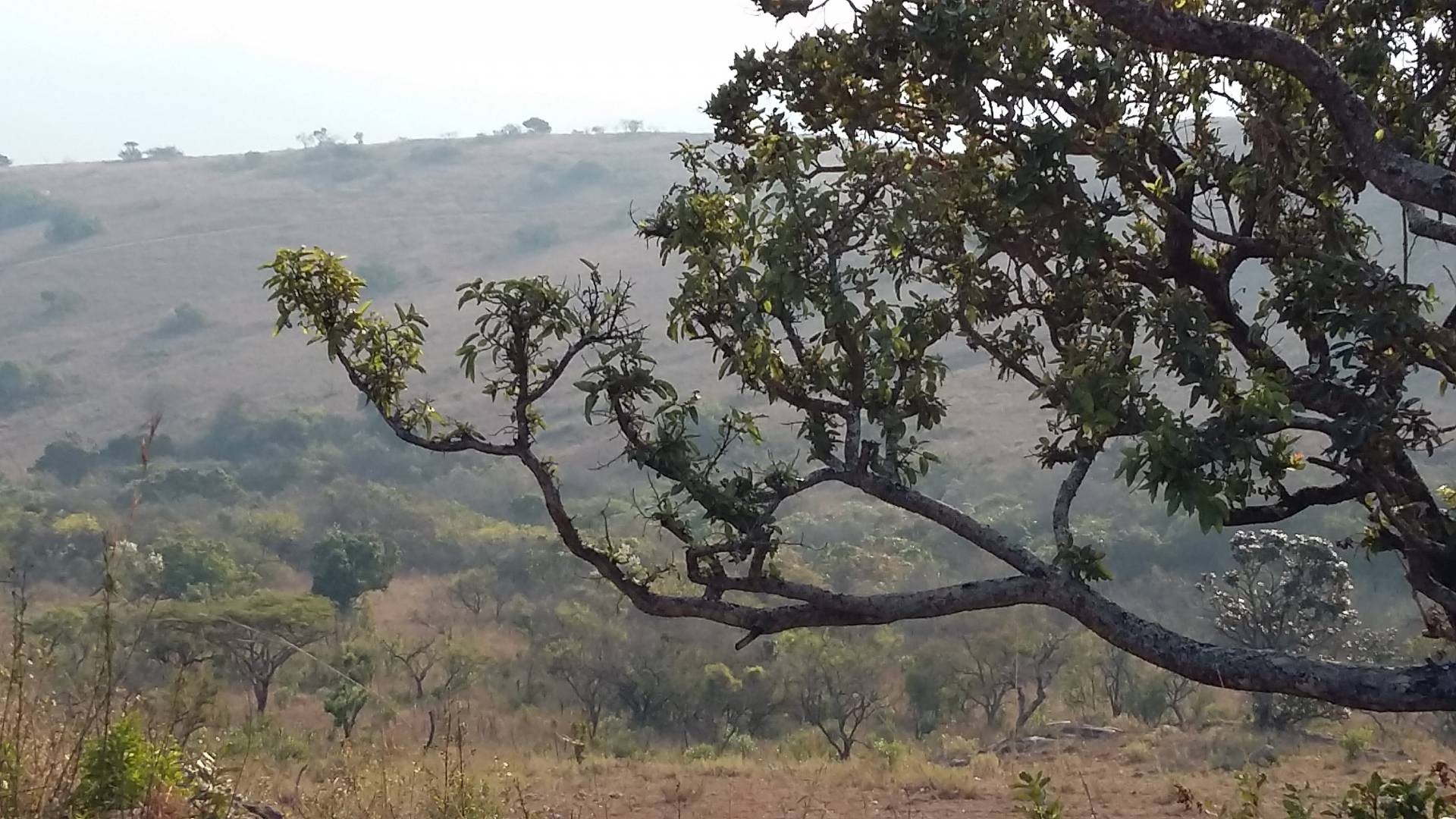Past Research
Major projects from 2008 to 2017


Doctoral Project
Jessica's doctoral research was conducted over 18 months between 2008 and 2011, funded by the National Science Foundation of the United States, and focused on knowledge production and control processes within health-related artistic movements in South Africa.
Offering a bridge between the social sciences, medicine, and the arts, it examined the production and control of knowledge about HIV/AIDS within South Africa’s theatre sector.
Using participant observation, in-depth interviews, text analysis of scripts and other media, and cultural domain analysis, she explored the ways in which theatre-makers in Johannesburg and Cape Town use contemporary artistic practices to encourage public health engagement.
Her work on this project revealed how artistic treatment of HIV/AIDS can reinforce national and international norms in health communication but also how some artists have begun creating new work, which is distinct from the health awareness campaigns that predominate in this country and elsewhere.
By analyzing artists’ reconceptualizations of HIV/AIDS intervention, Jessica argues that some theatre-makers in the post-apartheid era challenged the rationalist and socially homogenizing basis of many prior campaigns and brought into being a form of health activism that was embodied, deeply affective, and attentive to diversity in experience.
Two of her publications about this project may be found in the journals AIDS Care and Medical Anthropology: Cross-Cultural Studies in Health and Illness. To access them, visit her Publications page.


